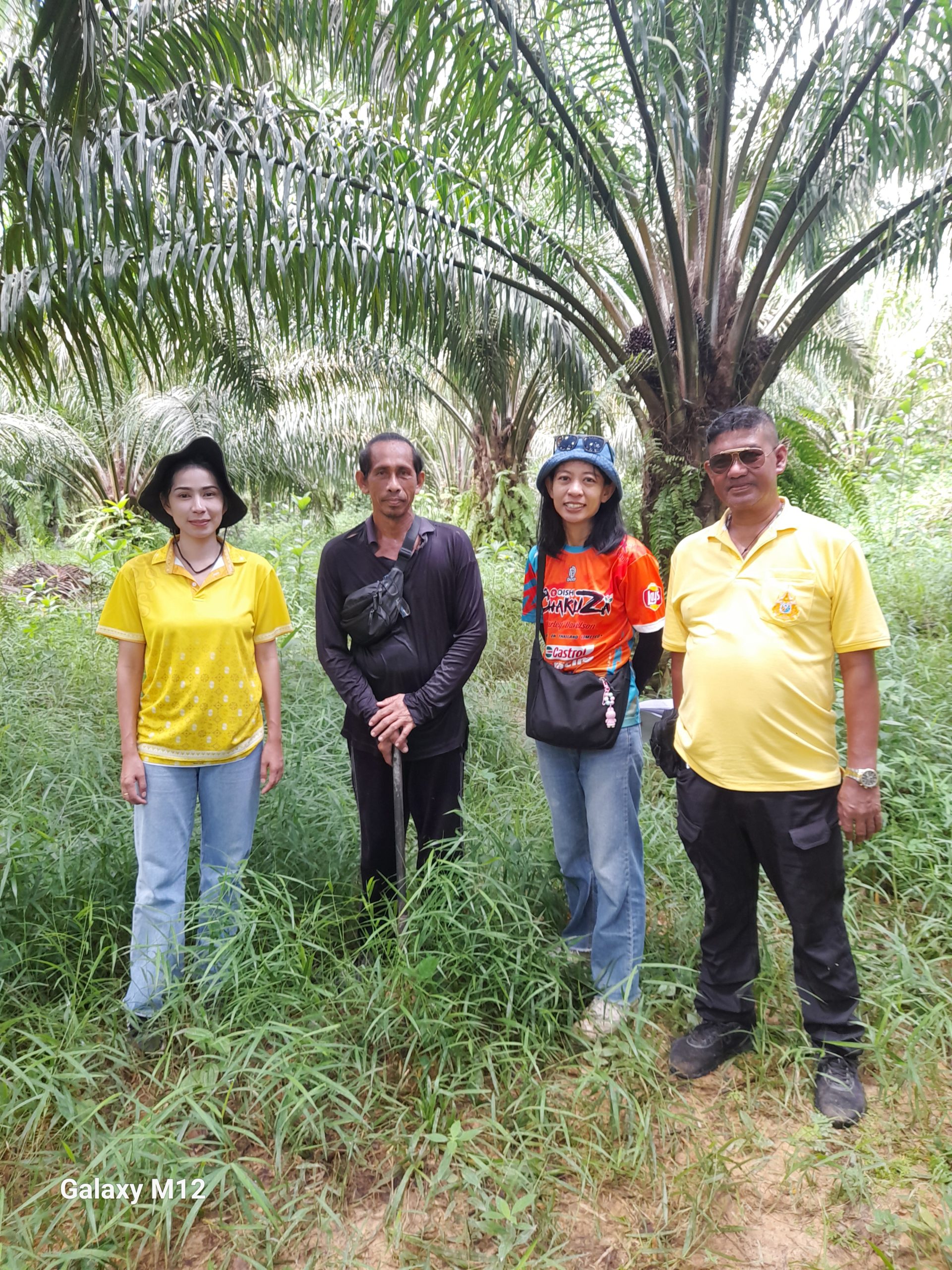
About the group
Number of smallholders: 364 (168 Men, 196 Women)
Total Land Area: 1425.78 Ha
Status: Certified
Group location: 62 Moo3 Keereewong Sub-District Plaipraya District , krabi Plaipraya District , krabi Thailand 81160
Country: Thailand
On-going Facilitator: Prince of Songkla University (Surat Thani Campus)
SUSTAINABILITY JOURNEY STORY
“Productivity is higher than before. Earlier on, we produced 2 tons per rai per year. Since then, we have seen increases of 3–3.5 tons. Some plots even produce 4 tons per rai per year, and farmers are now using fewer chemicals. At present, less than 2% of farmers use herbicides.“
Ms. Kanjanaporn Niamprasert, RSPO Staff at Ao Luek Land Settlement Cooperative Limited
….
“Previously, farmers lacked comprehensive knowledge of palm plantation practices, as well as understanding of how to apply fertilisers. Each concentrated on their own farms, resulting in low palm oil output per ton per rai per year. Then they learned about, and were interested in, sustainable farming. After becoming members, everyone has reaped benefits and gained better awareness of proper chemical use and farm management systems. This helps them better understand the profit and loss factors of each year,” Kanjanaporn Niamprasert, RSPO Staff at Ao Luek Land Settlement Cooperative Limited noted.
“After achieving RSPO Certification, there are many additional benefits. Economic advantages include increasing prosperity in the communities as smallholders gain better knowledge of farm management principles that reduce costs and result in high productivity. Once the group forms into a cooperative, members can combine the volume of palm oil products to be sold to the market, and become more involved in group and business activities.
“There are positive environmental and social impacts on the local communities from the group’s sustainable oil palm plantation effort. Living conditions of smallholders have improved as better farm management leads to better yield productivity. They can see how reduced chemical usage on palm farms affects costs and income. In addition, farmers jointly grow other crops in the communities.
“After initiating sustainable palm oil farming practices, productivity is higher than before. Earlier on, we produced 2 tons per rai per year. Since then, we have seen increases of 3–3.5 tons. Some plots even produce 4 tons per rai per year, and farmers are now using fewer chemicals. At present, less than 2% of farmers use herbicides,” said Kanjanaporn.
Speaking about supporting alliances, the Group Manager added, “The Cooperative Promotion Department of the Ministry of Agriculture and Cooperatives has allocated funds to assist the group’s operation.”
When asked about the group’s obstacles in implementing sustainable palm plantation, Kanjanaporn responded, “Most members were elderly and lacked knowledge of sustainable palm plantation management. As a result, the group needed to engage experts to provide trainings for all members.
“At the beginning, many members did not fully comprehend what sustainable palm cultivation was. It can be challenging to help them understand, so we recommended gradual changes from traditional means of farm management. Eighty percent of farmers were open-minded to change. Their efforts improved quickly while the rest needed more motivation,” Kanjanaporn explained.
Regarding the one and five-year goals, Kanjanaporn reported, “The group targets increased productivity and improved quality by implementing sustainable farming practices. We encourage all members of Ao Luek Land Settlement Cooperative to join the sustainable palm oil plantation group.”
Kanjanaporn further stated, “The productivity rate has increased every year since the group switched to sustainable palm plantation practices. There is less use of chemicals and we witnessed no violence against, or exploitation of, children and women, and no exploitation of Workers on the farm. The rate of burning and use of herbicides on the farm has dramatically declined. These are the biggest changes.”
Based on personal experience, Kanjanaporn voiced, “The key factor in maintaining long-term certification for smallholders is to motivate them to recognise the importance of sustainability and participate in group activities. In addition, members should be able to access financial support and enjoy ultimate benefits.
Maintaining standards after achieving RSPO Certification is an ongoing challenge for the future.”
Project Impact
Total area covered by the project
1425.78 Ha
Number of smallholders benefitting from this project
364 Smallholders
Number/percentage of women supported by this project
53.85% women in this project
How you can support
- We need financial support to apply for certification standards.
- Support for knowledge and methods to prevent and manage serious plant diseases and pests that cause damage to crops.
GROUP CONTACT
Representative Contact
Mr.Bunthoeng Paklao | Group Manager | [email protected] |
Kanjanaporn Niamprasert
Database
(+66) 98 686 4549
[email protected]
FACILITATOR GROUP CONTACT
Representative Contact
Benchamaporn Pimpa | Asst. Prof (+66) 61 192 4299 | [email protected] |
IMAGE GALLERY

Aoluek Land Settlement Cooperative Limited
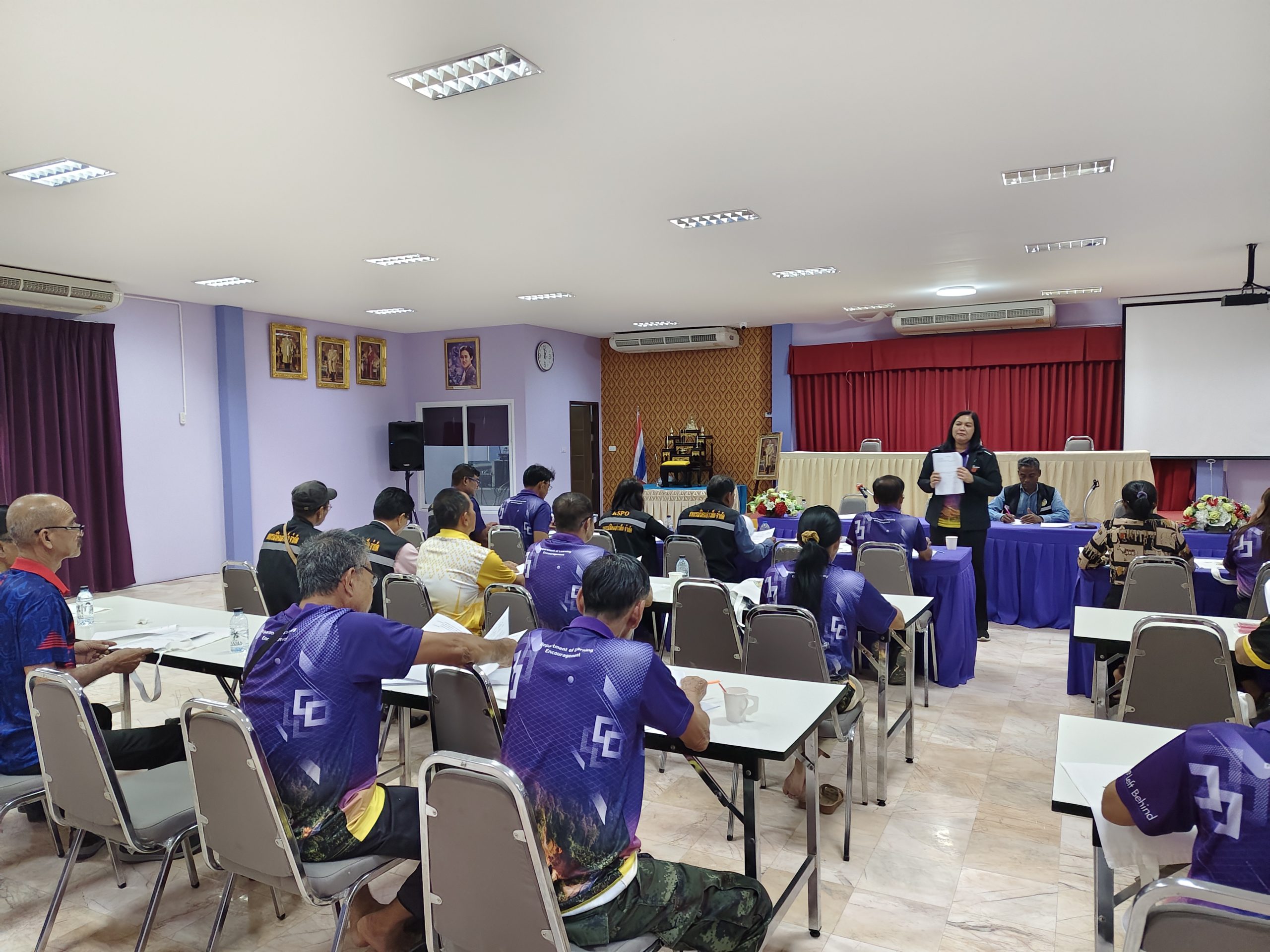
Aoluek Land Settlement Cooperative Limited
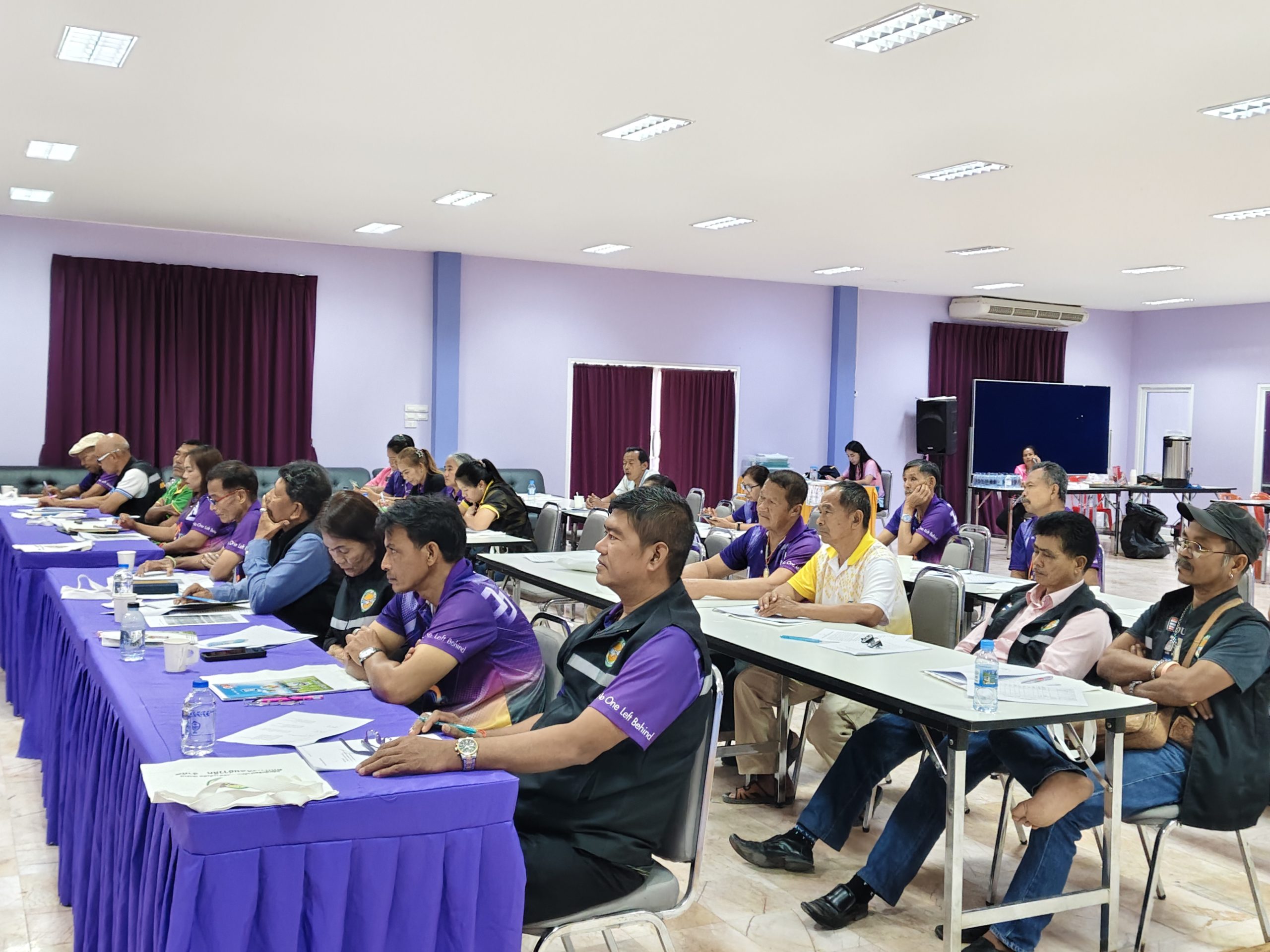
Aoluek Land Settlement Cooperative Limited
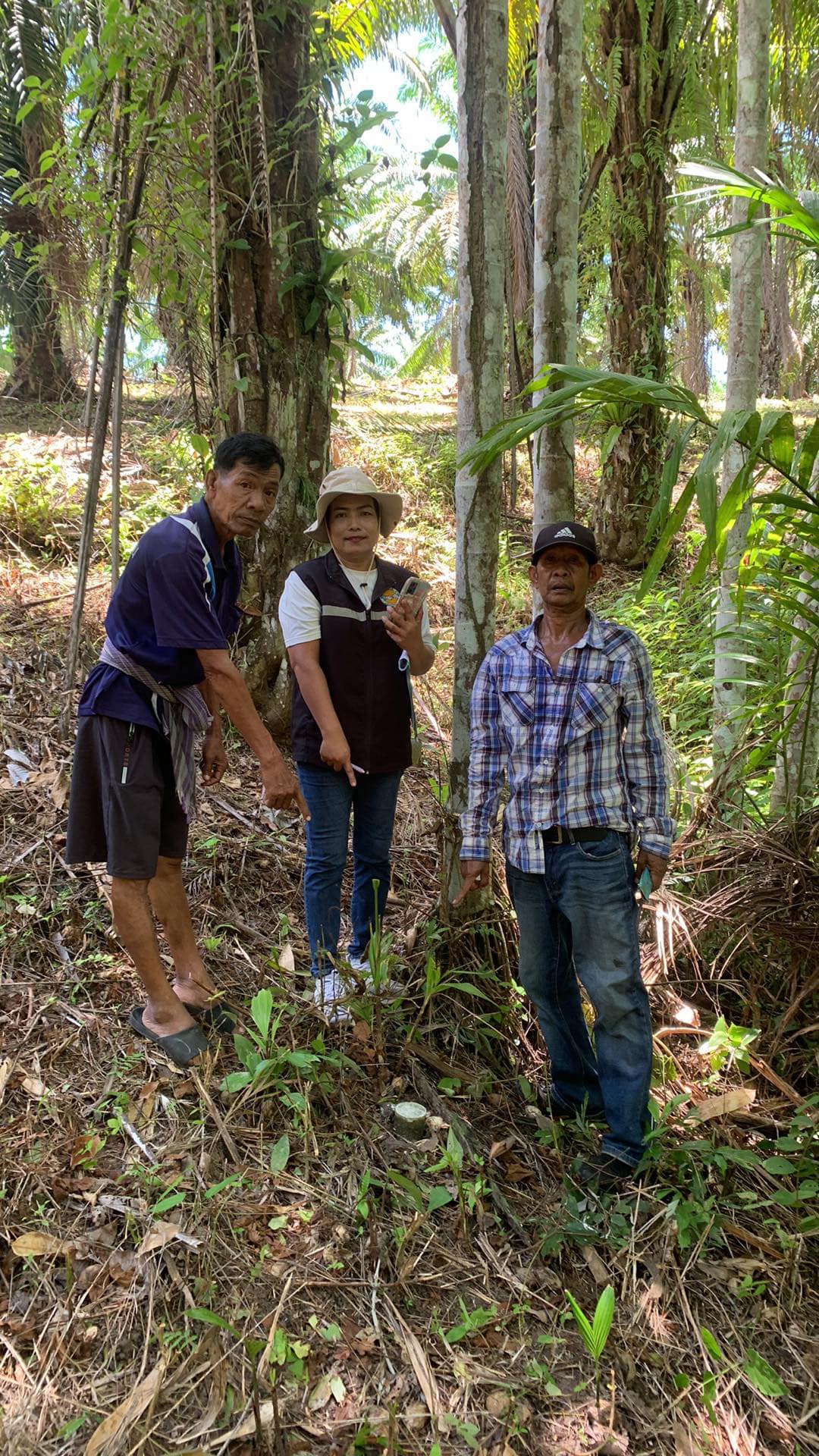
Aoluek Land Settlement Cooperative Limited
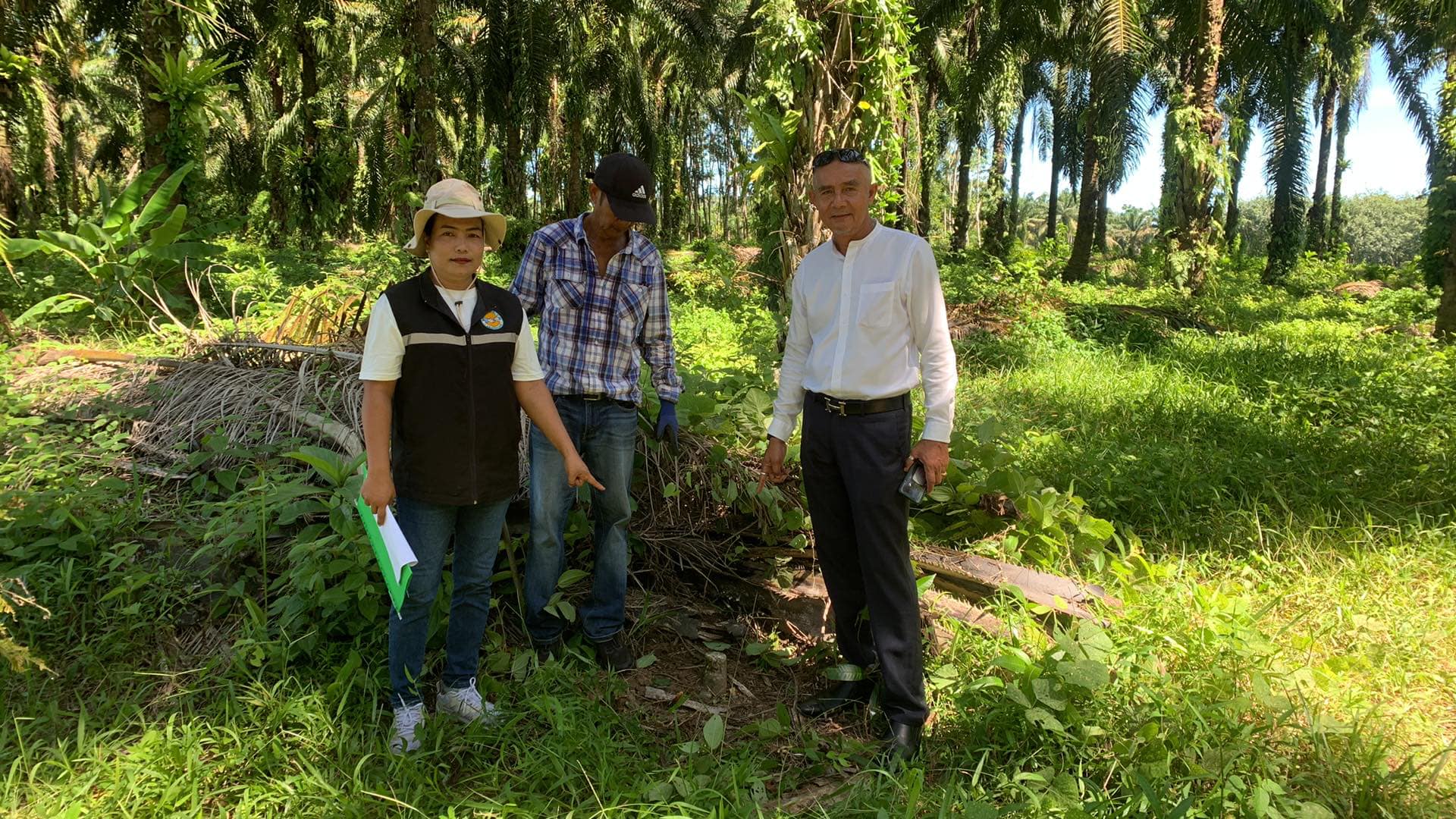
Aoluek Land Settlement Cooperative Limited
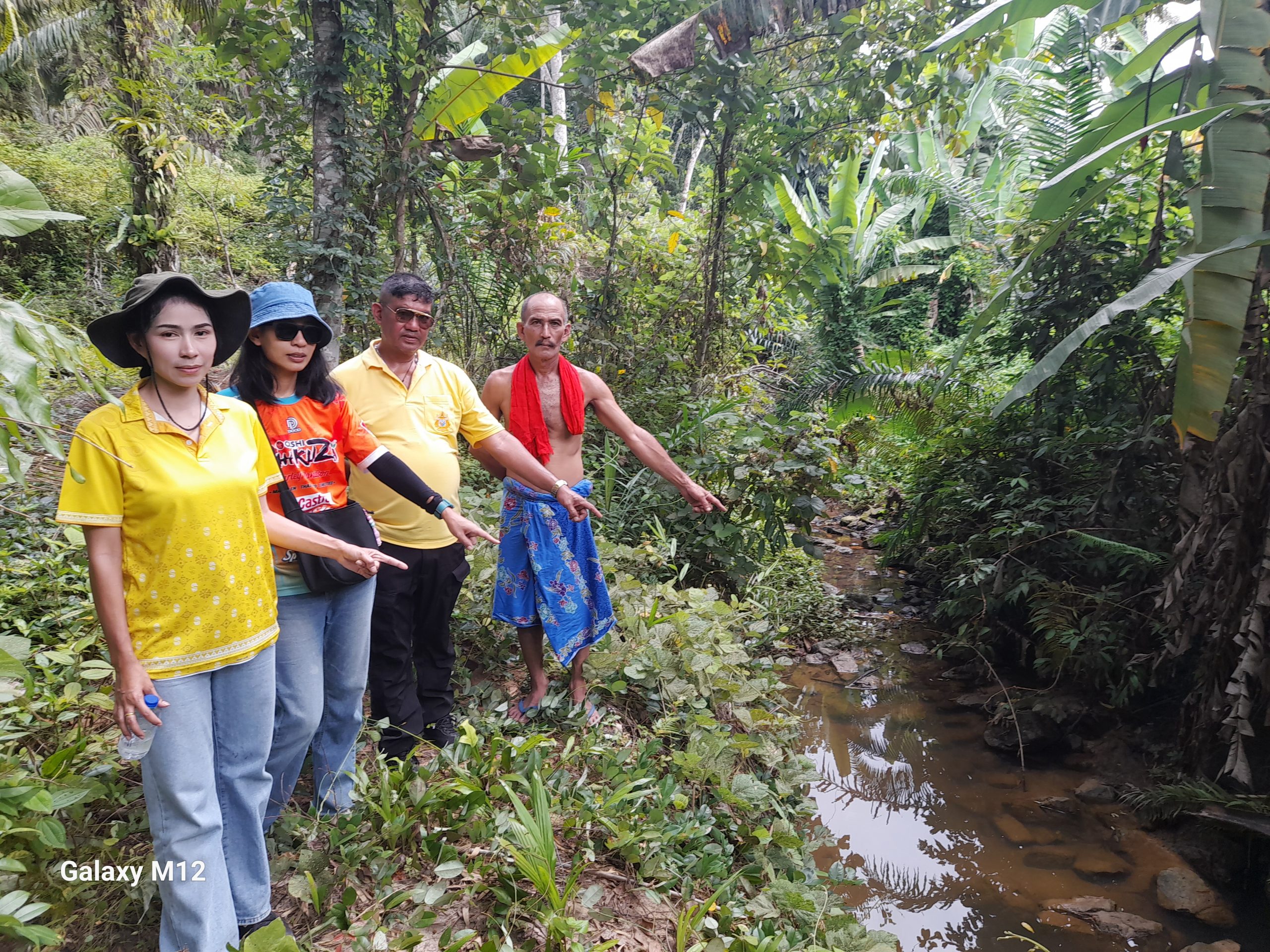
Aoluek Land Settlement Cooperative Limited
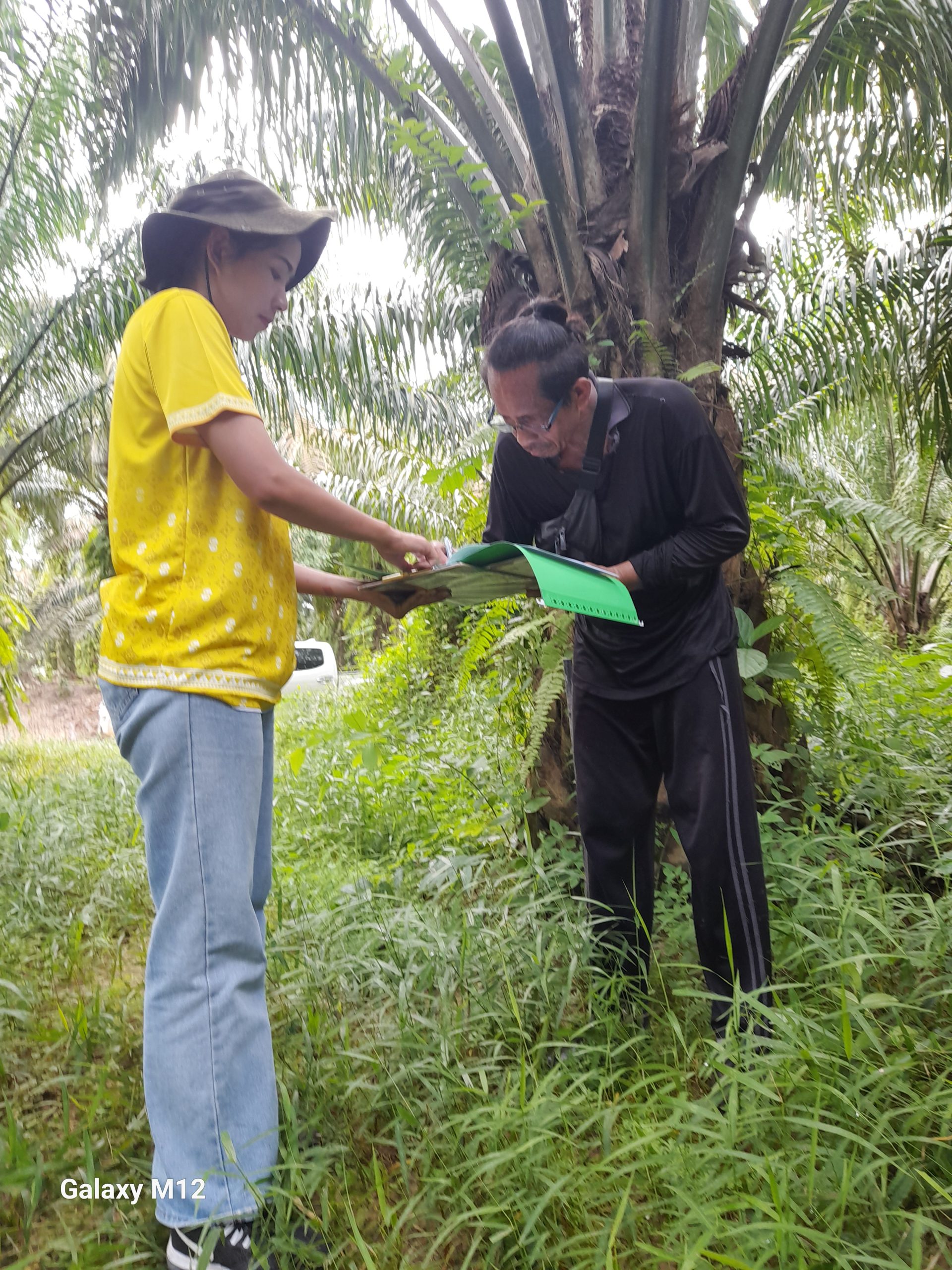
Aoluek Land Settlement Cooperative Limited
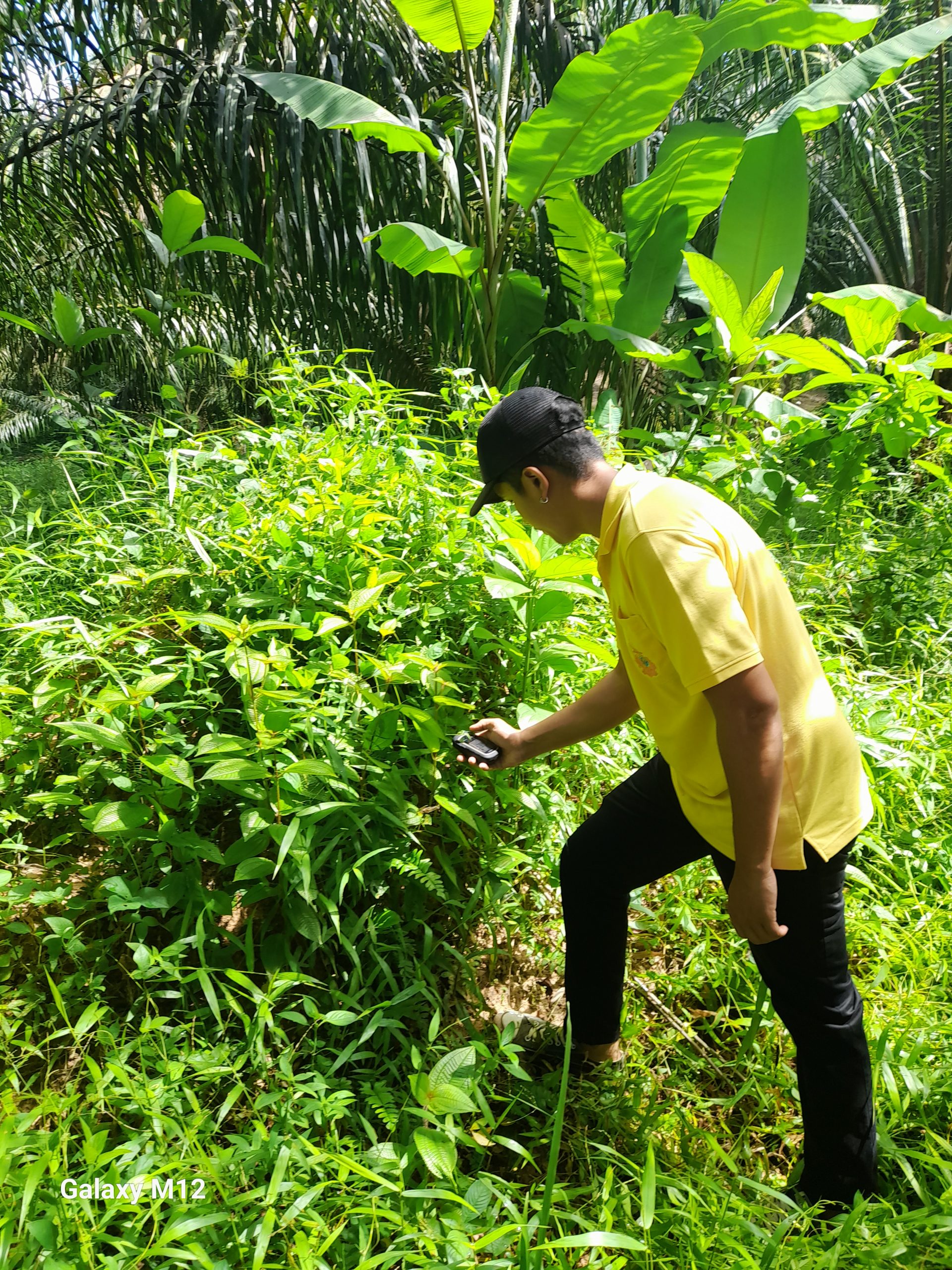
Aoluek Land Settlement Cooperative Limited
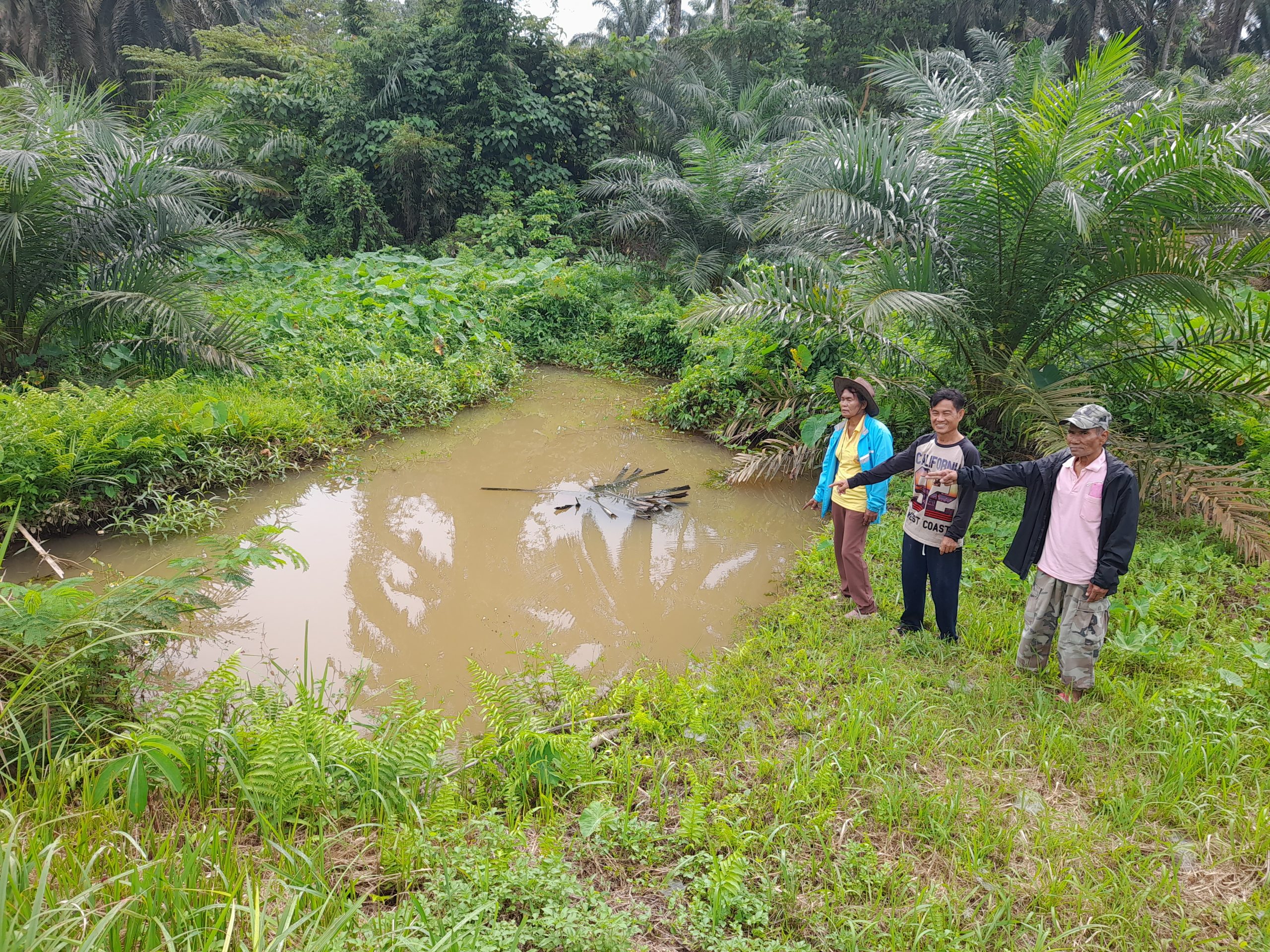
Aoluek Land Settlement Cooperative Limited
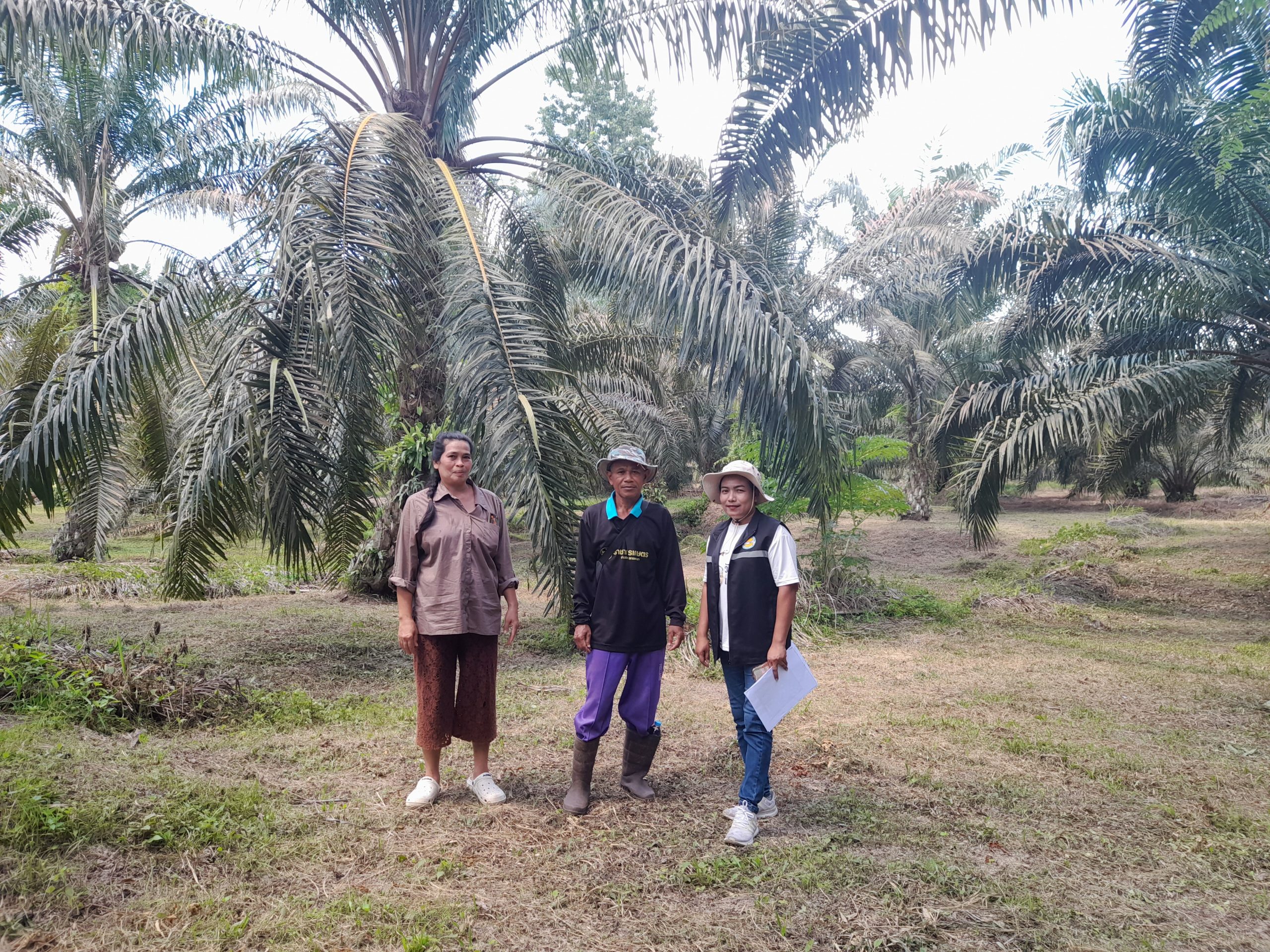
Aoluek Land Settlement Cooperative Limited




